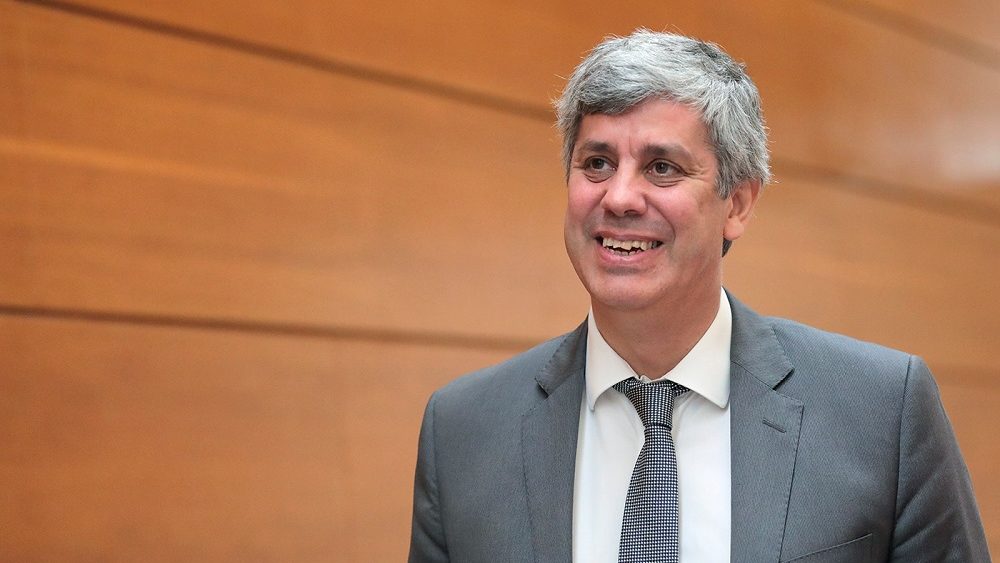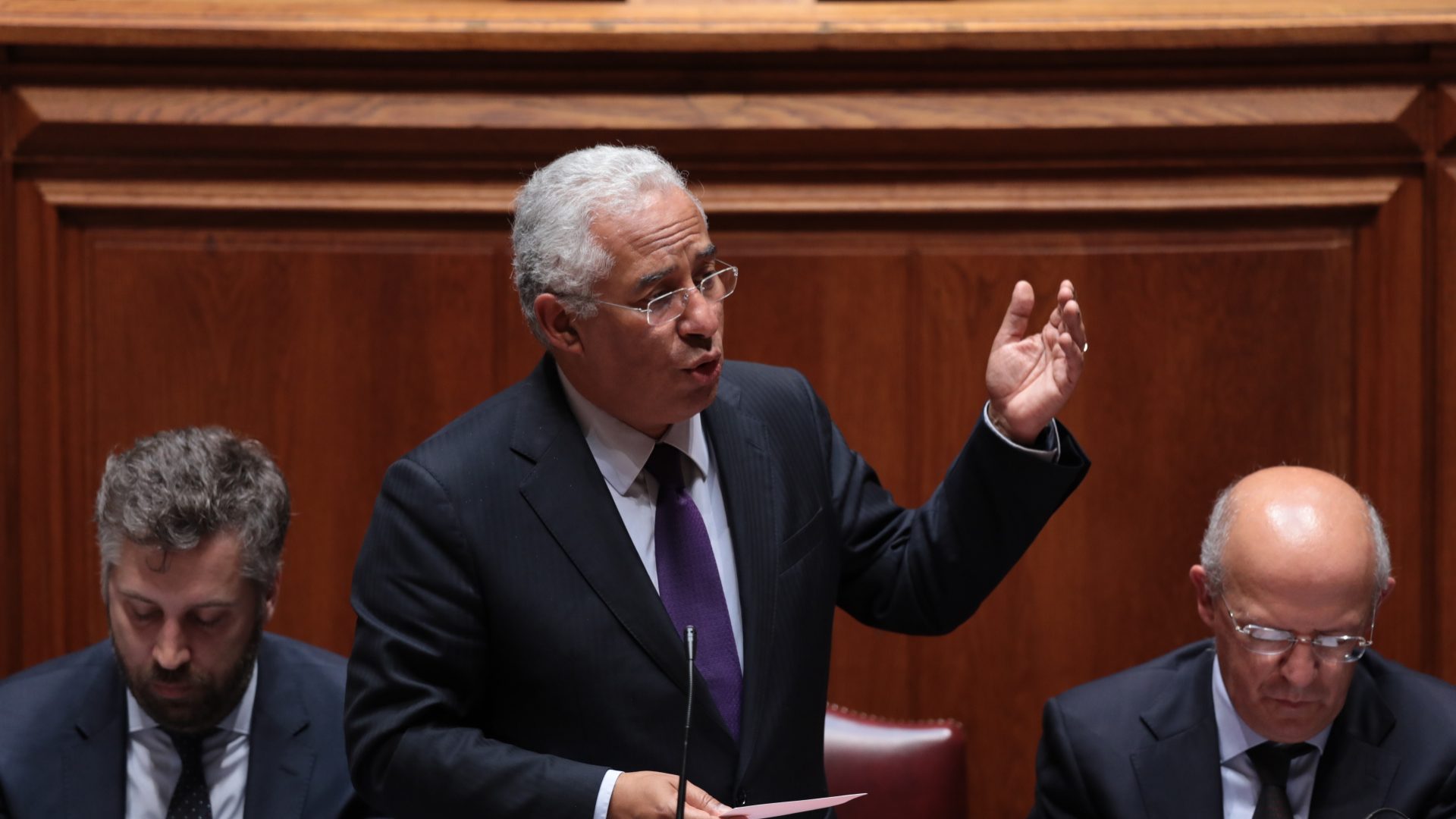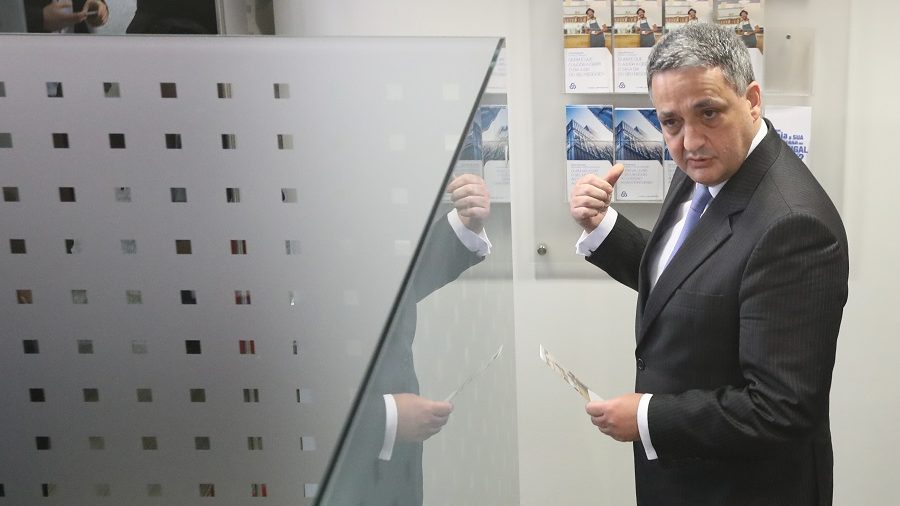What’s different about the financing of Portuguese political parties?
Parliament changed four laws about parties' financing. Only the Democratic and Social Center Party (CDS) and the People-Animals-Nature party (PAN) questioned the VAT exemption and unlimited funding.
Last Thursday, in Parliament, PSD, PS, BE, PCP and PEV approved changes to four laws about the financing of political parties in Portugal, in a parliamentary bill that focuses mainly on procedural changes to safeguard the principle of separation of powers. One doubt remains: will these changes be applied to pending cases? A source from the work group that prepared the legislation assured ECO the document leaves open to the interpretation the retroactive application of the new law.
The parliamentary bill approved foresees a transitory norm: “The current law is applicable to new cases and to cases that were pending on the date the law takes effect that are awaiting trial, without prejudice to the validity of the acts practiced under the former law”. Doubt remains on whether or not these changes can, for example, allow political parties to recover the VAT from previous years they claim in court.
The person responsible for the finances of the Socialist Party (PS) claims that “the wording given to the transitory norm intended to provide an answer to proceedings in the Constitutional Court and the Unit for Political Financing and Accounts (ECFP)”. However, he did not exclude the possibility of the norm being applicable to current disputes in the Lisbon Tax and Administrative Court (TAF): “If it is applicable, the better. It was certainly not written with that purpose”. A source from the opposition assured these cases are not included in the new law, otherwise they would have voted against it.
"The current law is applicable to new cases and to cases that were pending on the date the law takes effect that are awaiting trial, without prejudice to the validity of the acts practiced under the former law.”
If the diploma is promulgated by the President of the Portuguese Republic, the Unit for Political Financing and Accounts (ECFP) will become responsible for investigating “irregularities and illegalities of politicians and electoral campaigns’ accounts”, and will become able to apply fines. The Constitutional Court, on the other hand, will look into the appeals about ECFP’s decision, and it is up to that Court to “evaluate the decisions made by ECFP, including the decision to apply fines”.
This is the “main novelty” introduced in the 76-pages parliamentary bill. However, the text also speaks of a few “individual amendments”:
- Complete VAT exemption:
Political parties already had a VAT exemption limited to goods and services obtained to spread the political message or their own identities, but the change removes that limit and states that the VAT exemption “will be applicable to all purchases of goods and services for parties’ activities”;
- End of the ceiling for fundraising:
According to the new law, “the amount resultant from the difference between income and expense from each fundraising activity is the product from fundraising“;
- Free assignment of public spaces:
The new parliamentary bill foresees the free allocation of State spaces, as long as that assignment does not result in discrimination between political parties or candidates.
"The wording given to the transitory norm intended to provide an answer to proceedings in the Constitutional Court and the Unit for Political Financing and Accounts (ECFP).”
Yet, not all political parties agree with these changes. In Parliament, António Carlos Monteiro, CDS deputy, attacked these changes arguing that having no limit for fundraising “turns parties into fundraising companies”. As for the VAT exemption, he stated it means “parties will have more State subsidies to their activities even if those activities have nothing to do with their political actions”.
The President of the Portuguese Republic, Marcelo Rebelo de Sousa, stated this Tuesday that it was important to have a “different and more effective control” of parties’ accounts. He added: “It seems there are other small changes that I will have to analyze”. Marcelo can exercise his veto right, which means the decree returns to Parliament. Yet, if the document is approved again by an absolute majority of deputies, it is mandatory that the President promulgates the diploma.
However, this Wednesday, the President suggested that parties should firstly send the new financing law to the Constitutional Court, since he can only decide whether he will promulgate or veto the new law eight days after he receives it, because it is an Organic Law. The same note also states that during the eight-day period, “and after the notification from the president of the Portuguese Parliament, the prime minister and a fifth of deputies in office have the right to request an preventive review of the constitutionality of the decree”.




